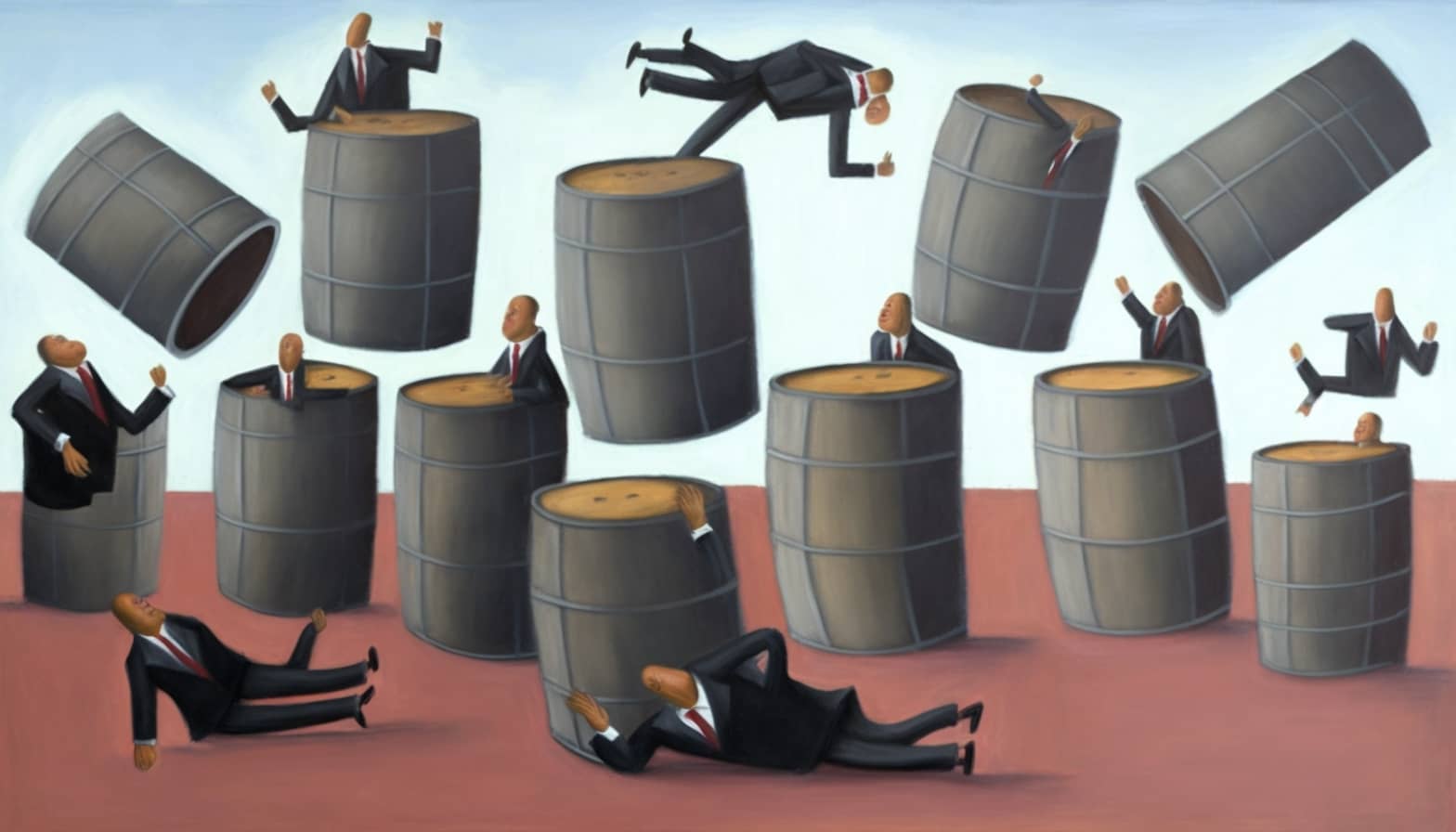The annual CERAWeek conference provides an unforgiving snapshot of the mindset of fossil fuel industry leaders. In summary? Pressure to reduce emissions be damned, they will defend oil and natural gas to the end, whatever the cost.
The words of the CEOs of Chevron and ExxonMobil at the March 6 event? Alarming. The geopolitical framework makes the world situation "chaotic" and "painful". And coincidentally, still dependent on fossil fuels. Luckily, they say, there is strong political support for this need for oil and natural gas. Even by the American administration.
Fossil to the end
Mike Wirth, CEO of Chevron, the transition to a low-carbon future is one of the greatest challenges ever. Unfortunately, he declares, we cannot yet turn off system A, that is, the one that the fossil fuel industry prefers, without being sure of system B, which does not yet exist. Also Liam Mallon of ExxonMobil makes it complicated: individual countries, he says, must approach the energy transition differently. Governments should work with the fossil fuel industry to create a roadmap for a low-carbon future.
In other words? We will not leave except on our terms. We have important friends.

A helping hand from politics
Not only does the fossil fuel industry intend to remain tied to the Petroleum, but politicians, including President Biden, also seem to support it.
CERAWeek panelists gloat that President Biden is about to give the go-ahead to a major drilling project of oil in Alaska. Even if this choice is not in line with the requests of the United Nations to reduce carbon emissions by 50% by 2030 and end the production of fossil fuels.
How will it end?
The dangerous connivance between industry and politics seriously jeopardizes global stability. Fossil fuel leaders show a willingness to pursue profit at any cost, and many politicians seem willing to indulge their desire to stay in power.
The cross-interests are so strong that the boundaries are blurred. Is it the severe geopolitical situation that requires the permanence of fossil fuels, or fossil fuels that require the permanence of a severe geopolitical situation?
Underestimating the enormous influences that these great secular world economic powers can also exert on the political choices of the planet would be a mistake.


